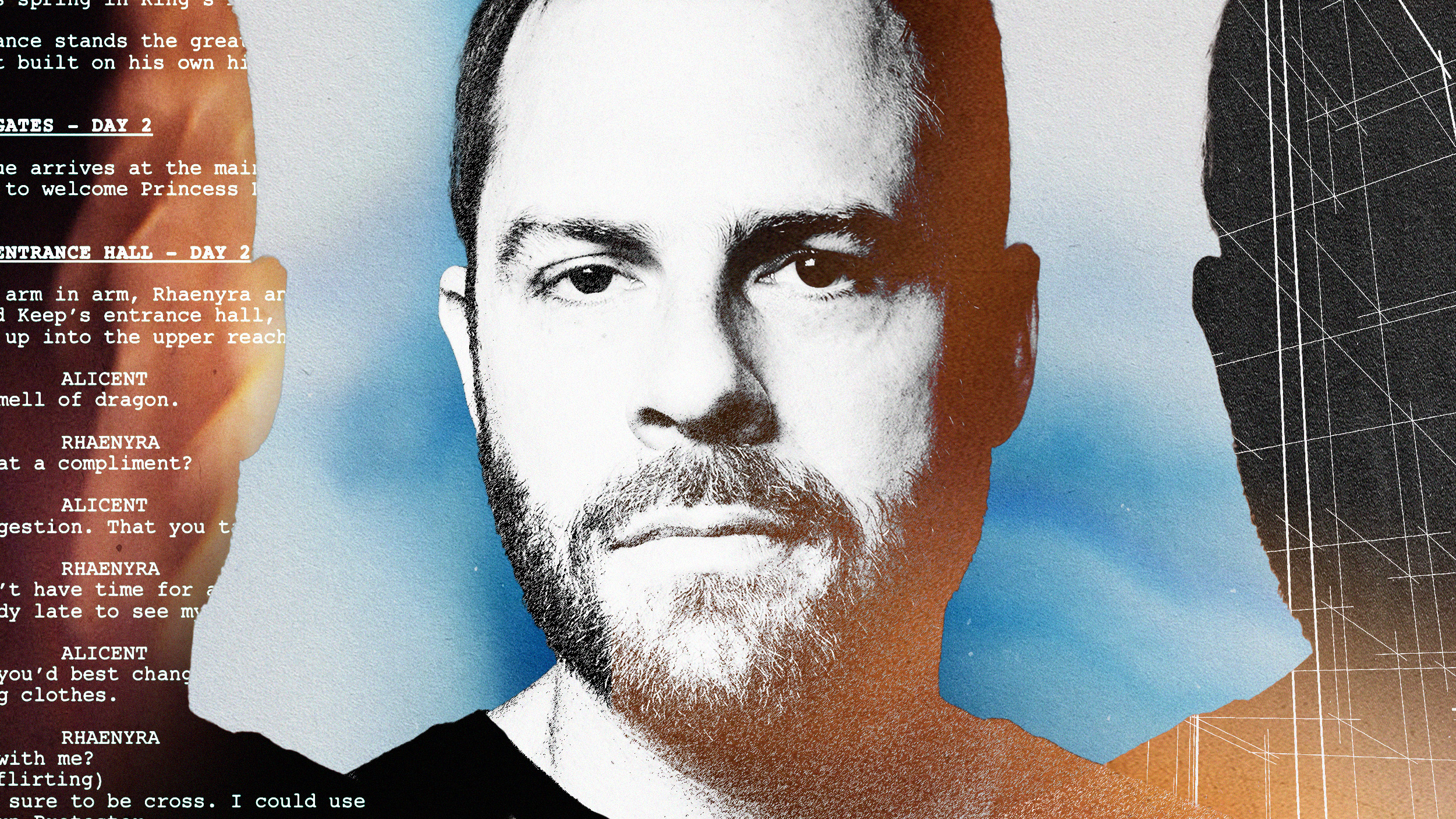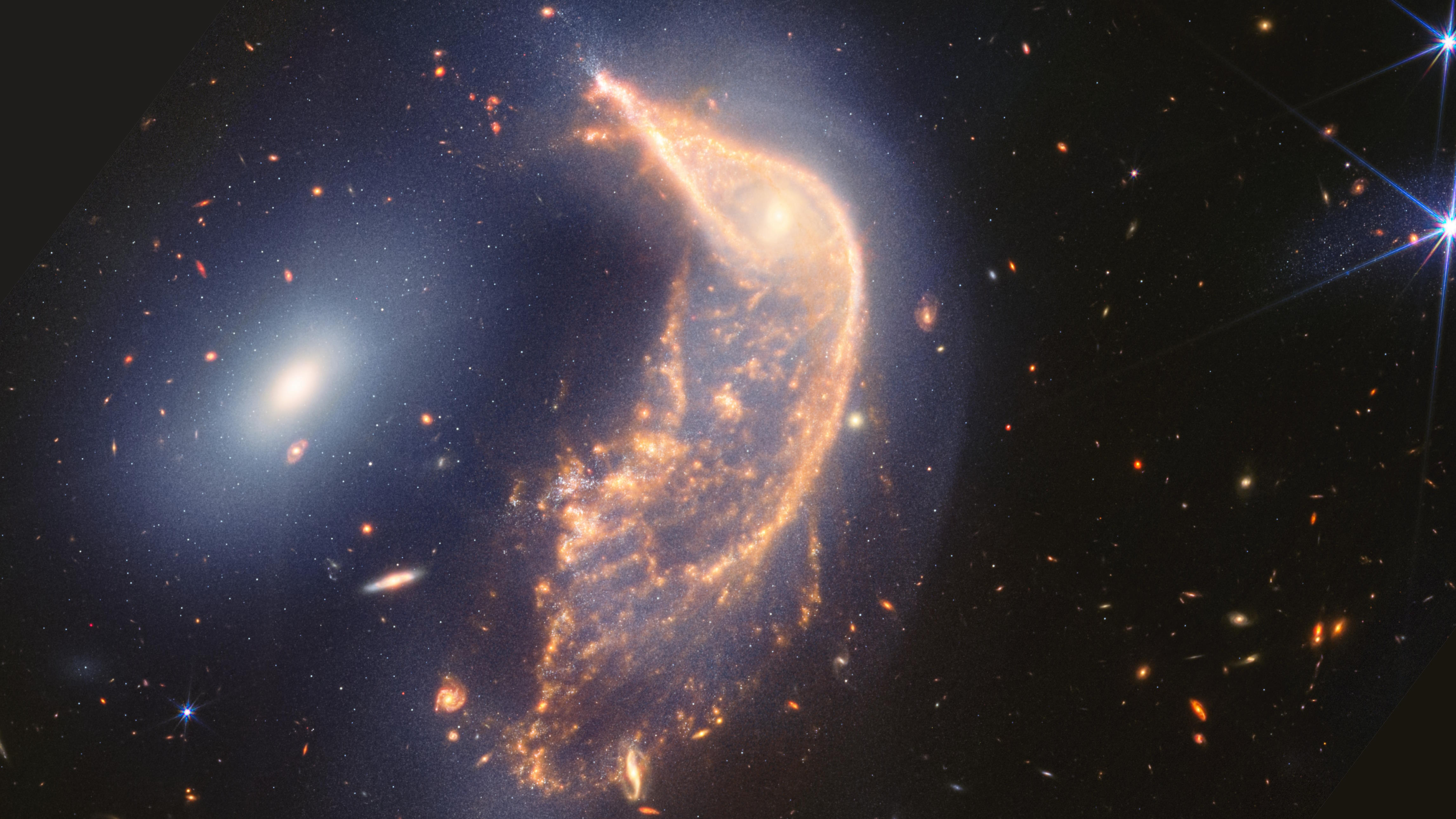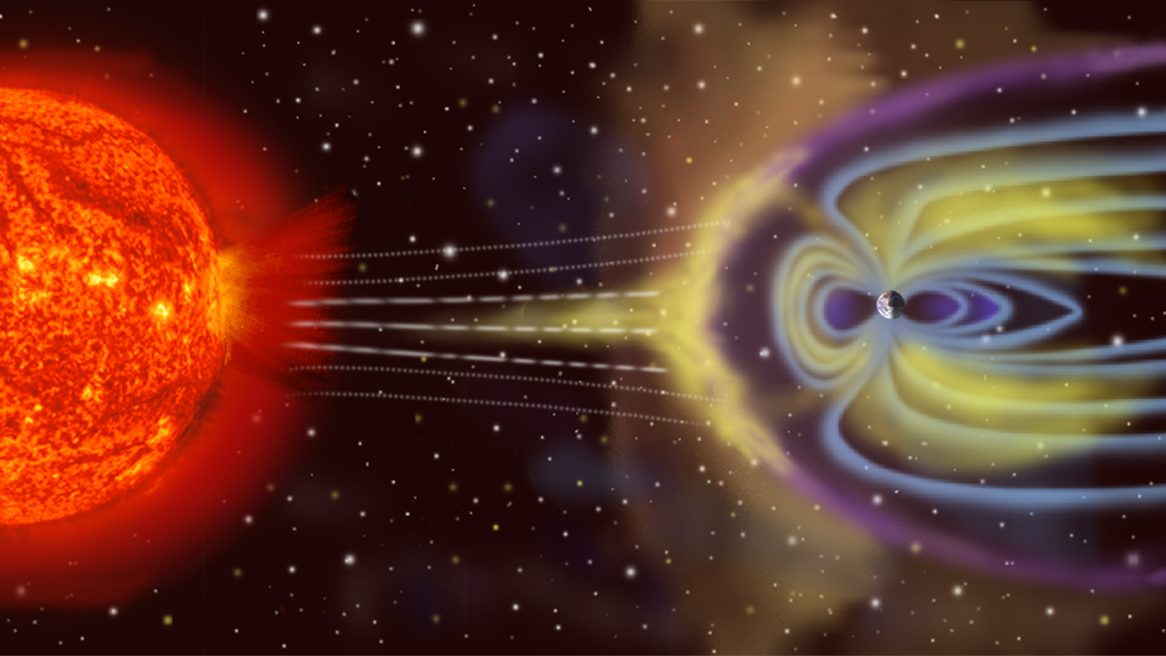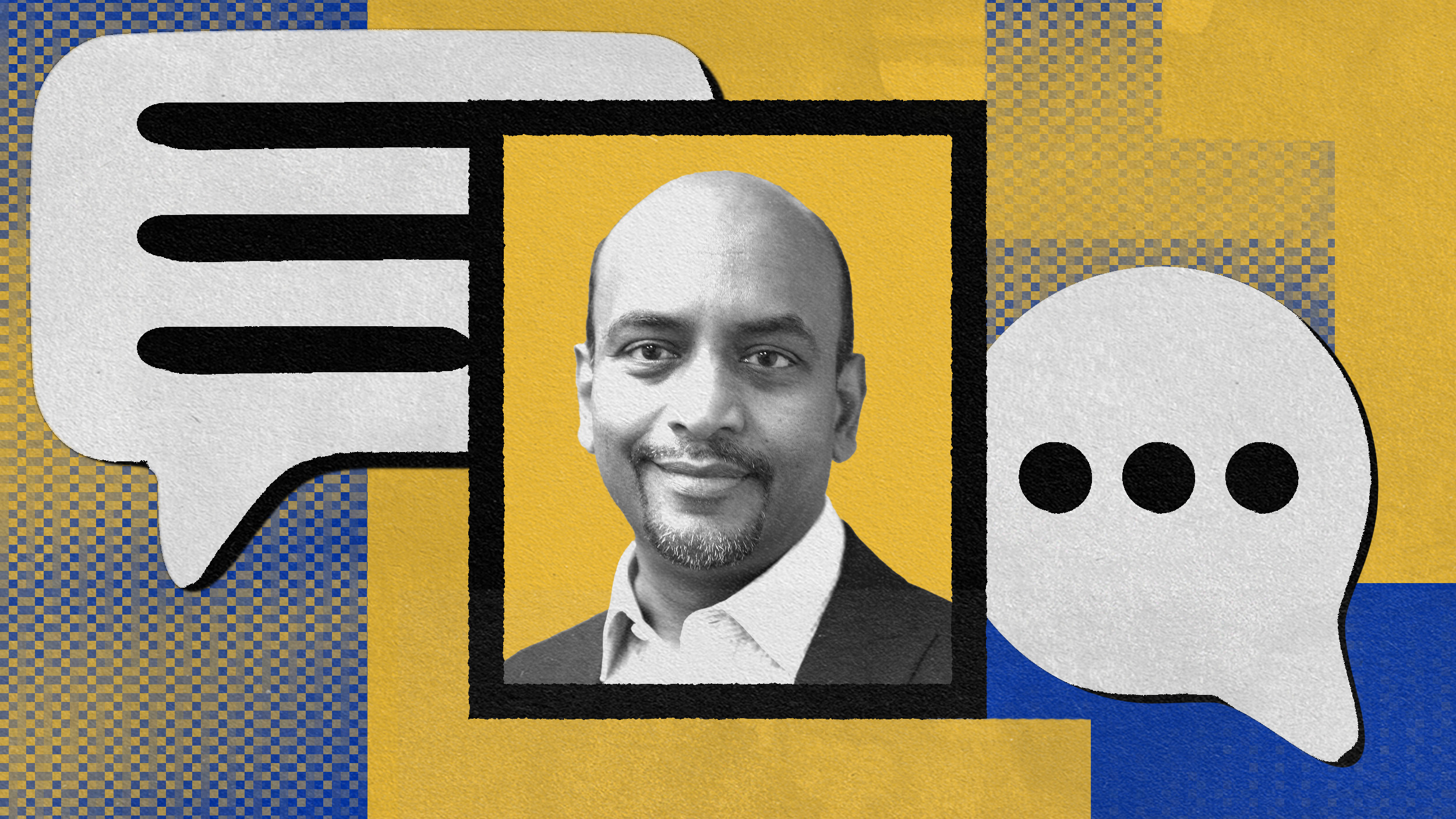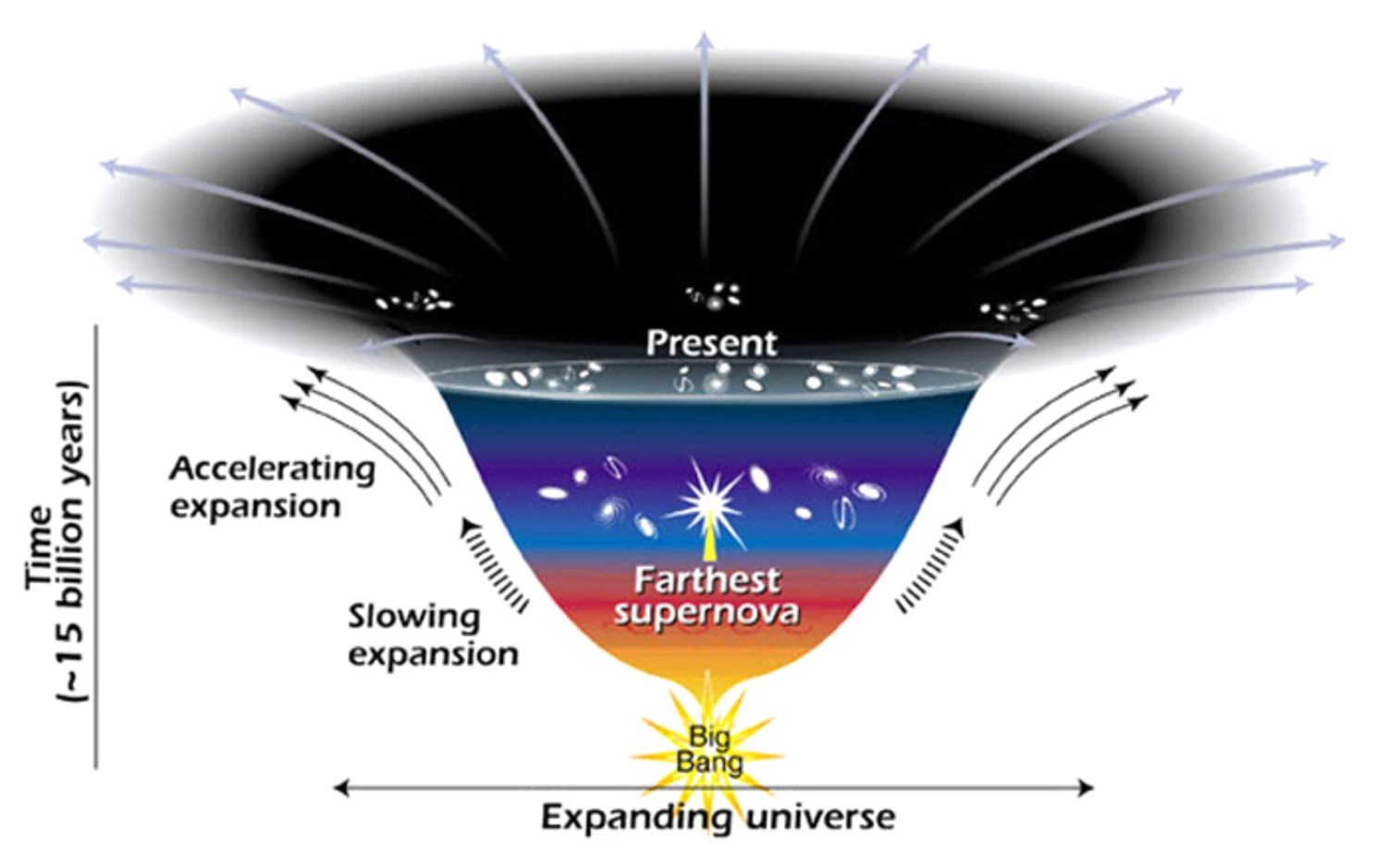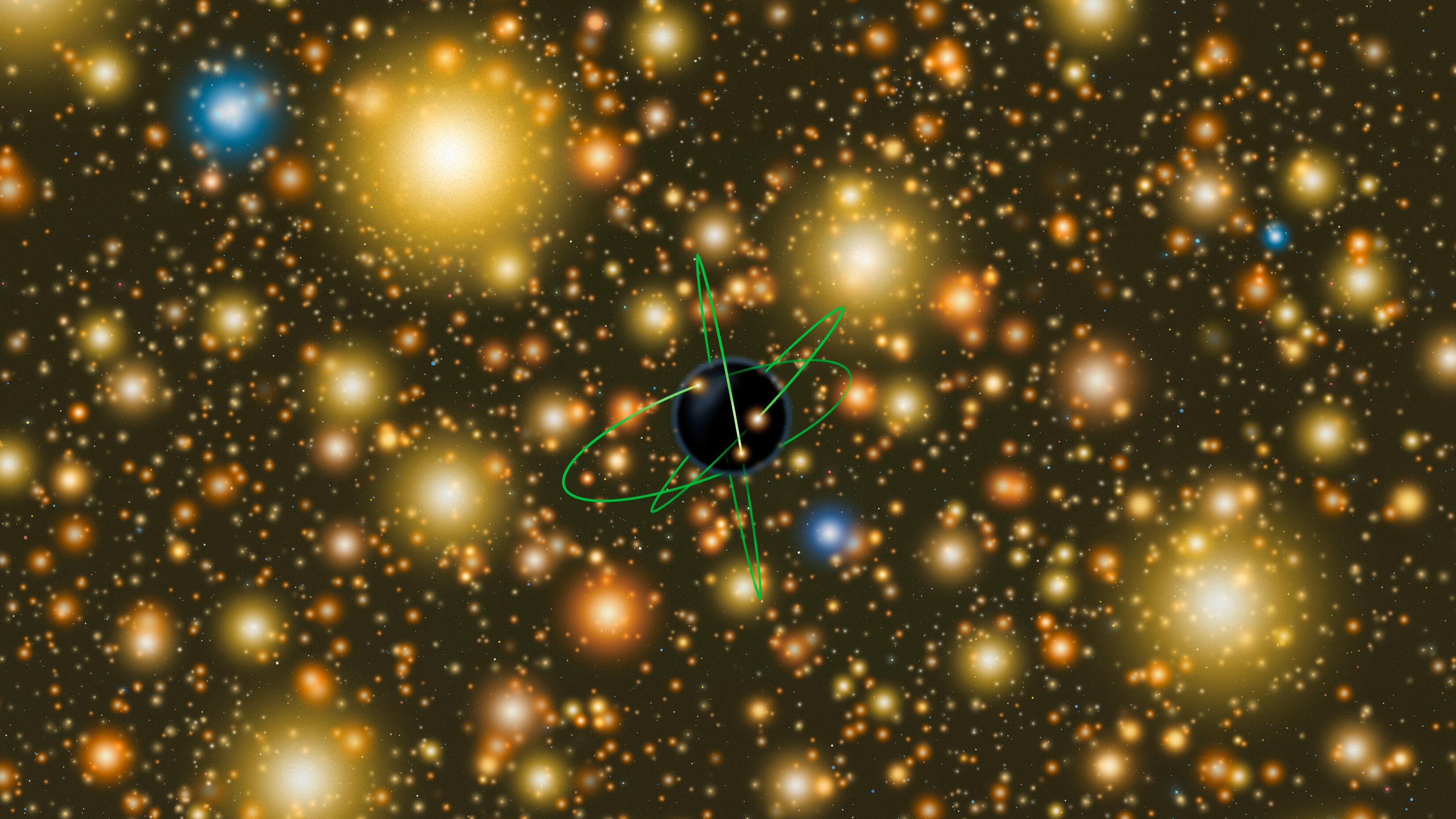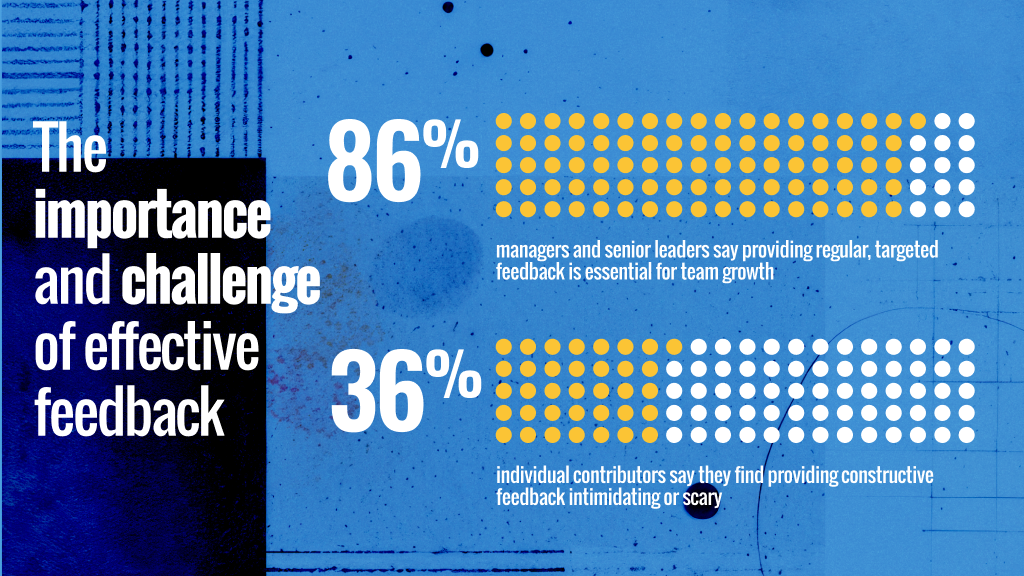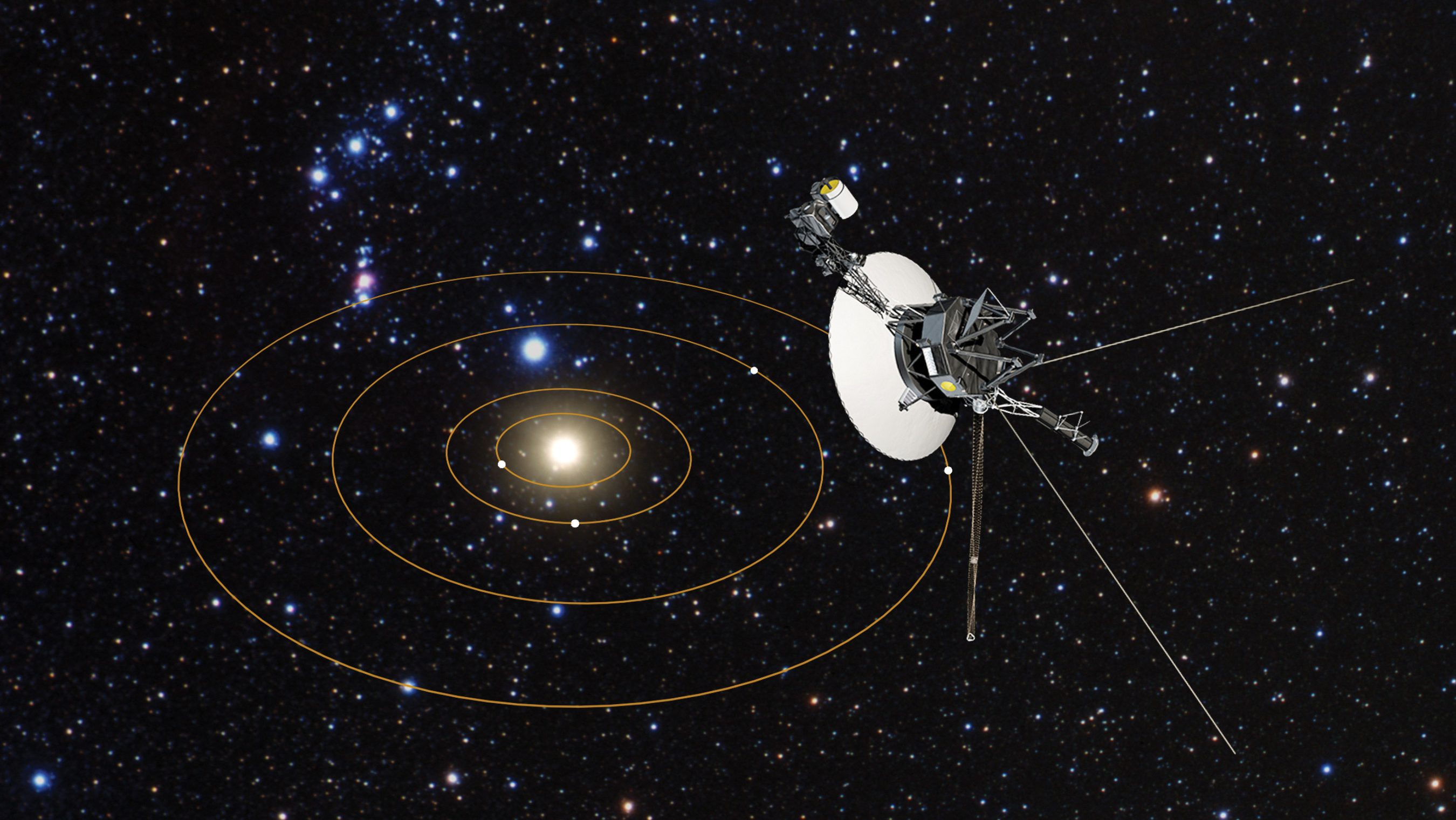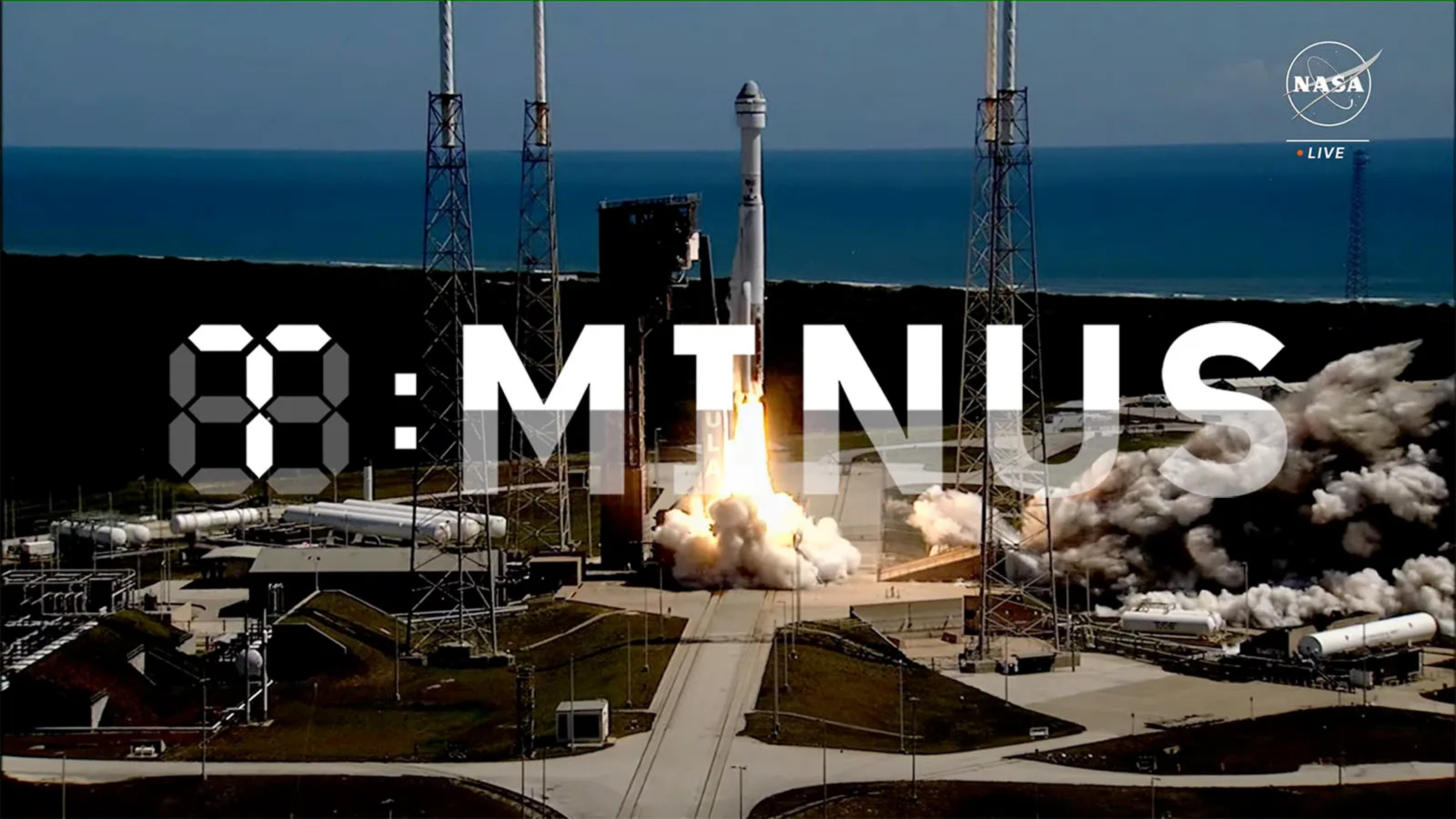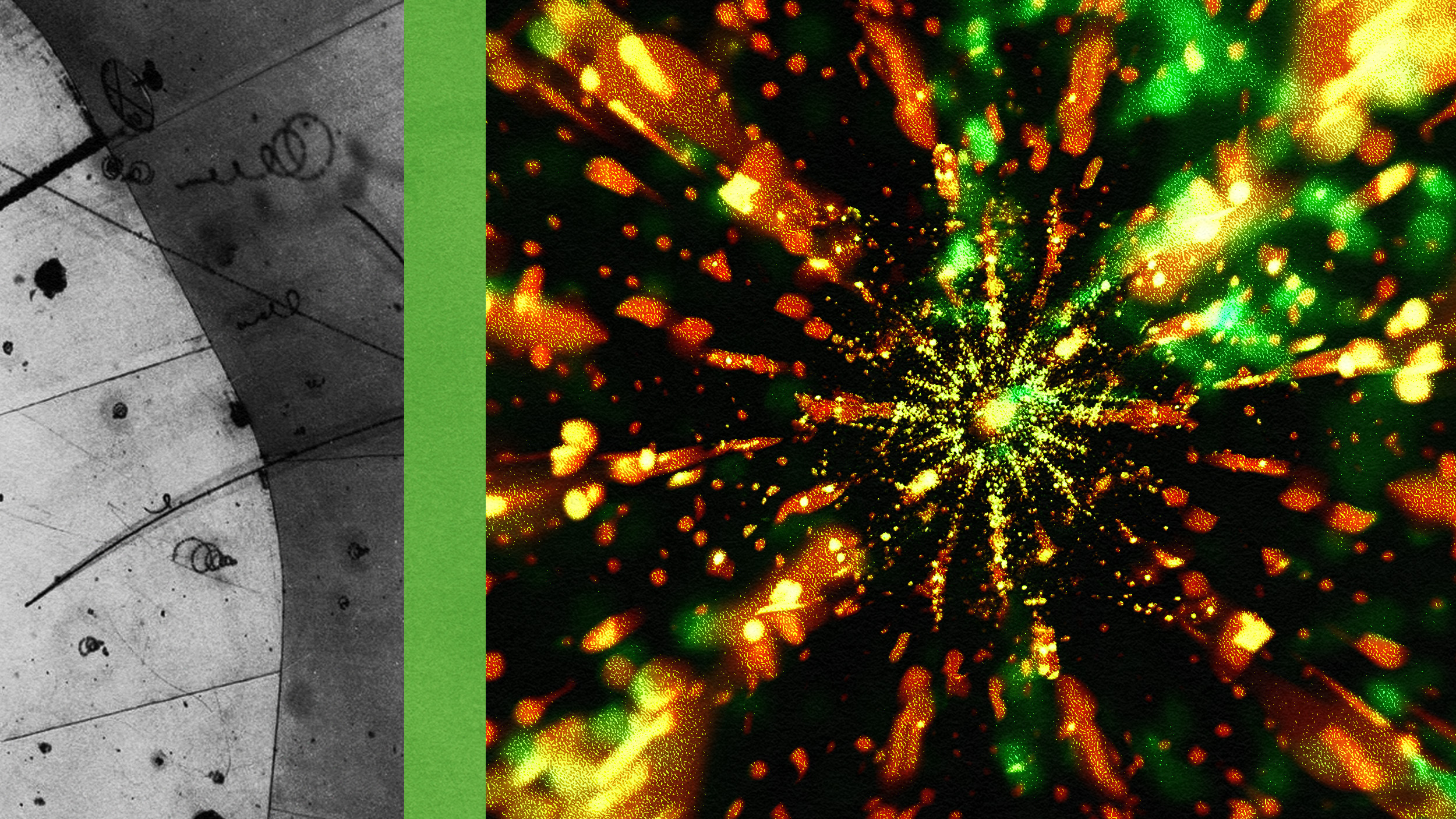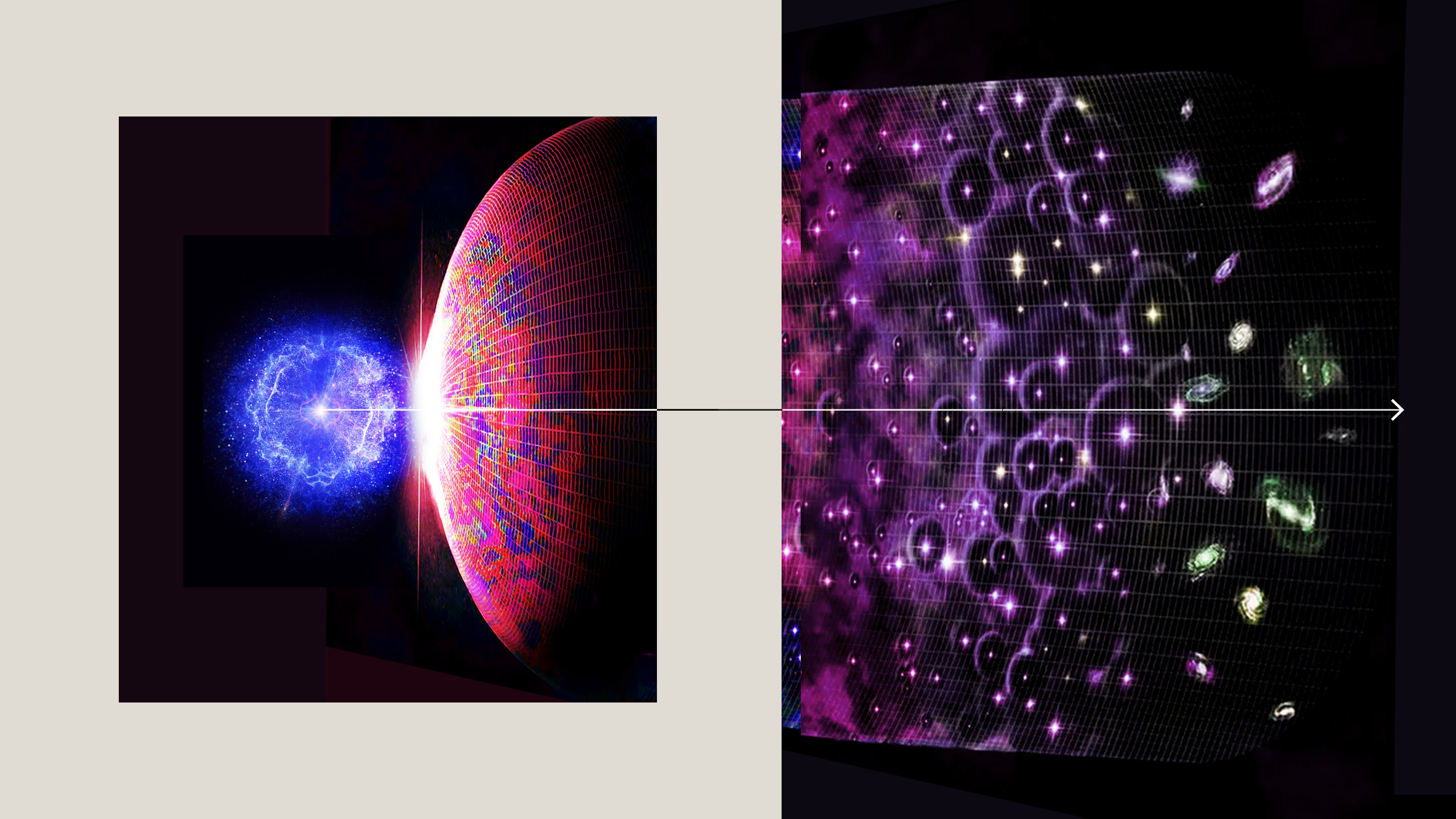Ryan Condal, who worked in pharmaceutical advertising before Hollywood, talks with Big Think about imposter syndrome, “precrastination,” and Westeros lore.
All Articles
For its 2-year science anniversary, JWST has revealed unprecedented details in “the Penguin and the Egg.” Here are the surprises inside.
Our desire for recognition at work can lead to perilous ends.
In the fight between head and heart, psychologists will win.
As the Sun ages, it loses mass, causing Earth to spiral outward in its orbit. Will that cool the Earth down, or will other effects win out?
While the concept stretches back centuries, it has garnered significant attention in recent decades.
The world needs a moral defense of progress based in humanism and agency.
A new method of mapping migration factors in erratic movements and changing climate.
Our relationship with chatbots is undergoing a sea change — here’s how the transformation will most affect you and your team.
Just 13.8 billion years after the hot Big Bang, we can see objects up to 46.1 billion light-years away. No, this doesn’t violate relativity.
We know of stellar mass and supermassive black holes, but intermediate mass ones have long proved elusive. Until now.
New research from Big Think+ sheds light on why employees can find the act of providing feedback to be intimidating, and how L&D can ease this fear by elevating feedback beyond pure evaluation.
For most of human history, babies probably picked up language by overhearing.
Google’s first Chief Innovation Evangelist — Frederik Pferdt — lays out a map for navigating unprecedented change and innovation.
The Bullet Cluster has, for nearly 20 years, been hailed as an empirical “proof” of dark matter. Can their detractors explain it away?
In “Moral Ambition,” Dutch historian Rutger Bregman argues that all would benefit from a collective redefinition of success.
“Fasting…should not be demonized for simply suggesting that we take a break from eating once in a while.”
Half a century ago, idealistic punks shook a fist at the status quo — and their legacy is a blueprint for modern leadership.
On a cosmic scale, our existence seems insignificant and inconsequential. But from another perspective, humans are completely remarkable.
Comparing Elon Musk’s Mars rocket to NASA’s new ride.
Concerns about privacy and pressures regarding the physical appearance of women and their homes contributed to the failure of AT&T’s 1960s Picturephone.
The standard picture of our Universe is that it’s dominated by dark matter and dark energy. But this alternative is also worth considering.
The military is courting tech startups to help it win the AI arms race.
Each year, over half a million migrants cross the deadly jungle separating Colombia from Panama in search of a better life in the United States.
The properties of a ghostly particle called a neutrino are coming into focus.
It’s good to be a wallflower. But sometimes, you need to show yourself off a bit.
On the largest of cosmic scales, the Universe is expanding. But it isn’t all-or-nothing everywhere, as “collapse” is also part of the story.
Physicists have increasingly begun to view life as information-processing “states of matter” that require special consideration.
From the explosions themselves to their unique and vibrant colors, the fireworks displays we adore require quantum physics.
In ancient Sparta, it was accepted practice for more women to marry and have children by more than one man.
